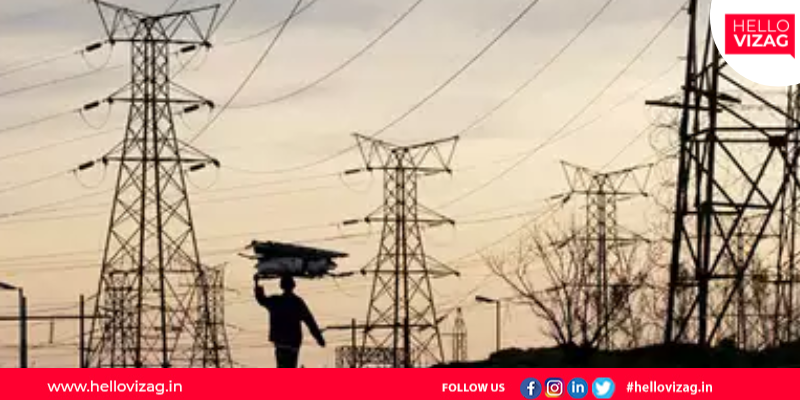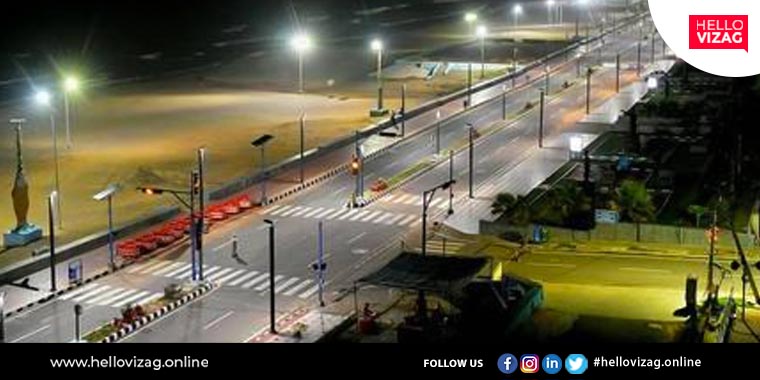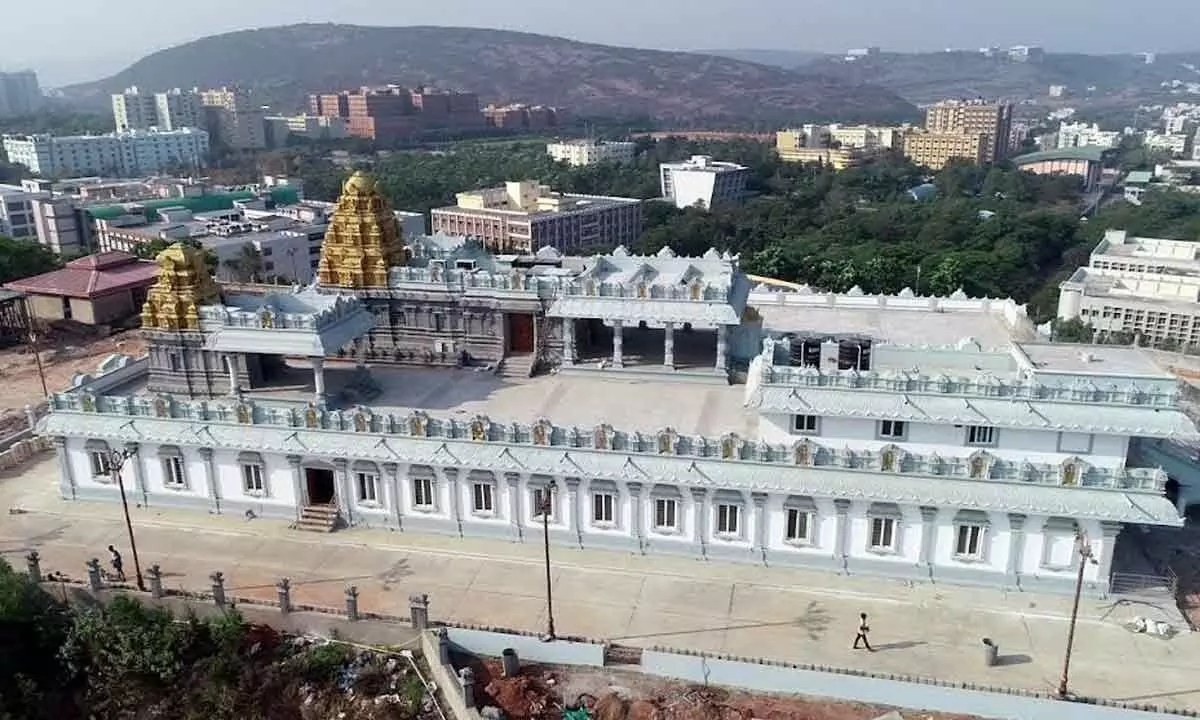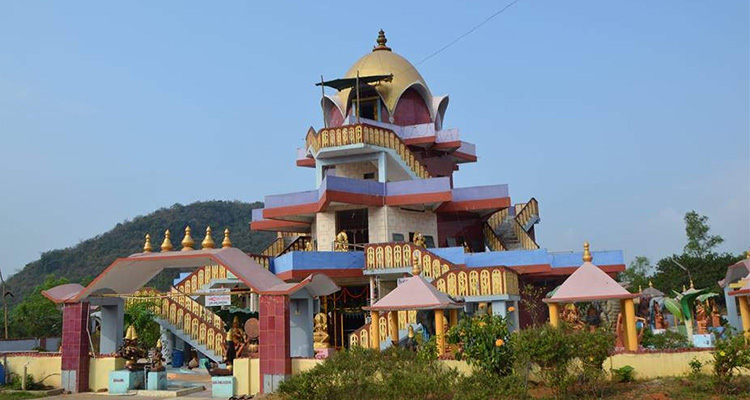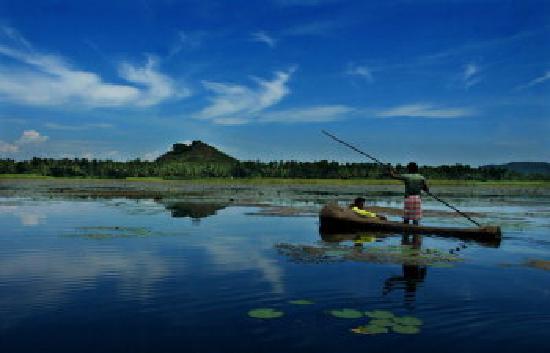Heatwave Conditions are Likely to Persist in Coastal Andhra Pradesh for Next Few Days
The India Meteorological Department (IMD) has issued a series of alerts for north coastal Andhra Pradesh, warning of heatwave conditions in many districts of the state. According to the latest update on Friday, parts of Srikakulam, Parvathipuram Manyam, Vizianagaram, Visakhapatnam, Anakapalle, Alluri Sitarama Raju, Kakinada, East Godavari, Amalapuram, and a few other districts are likely to experience high temperatures for the next four to five days.
The maximum temperatures in many parts of coastal Andhra Pradesh and Yanam have already been above normal by 3°C to 5°C, reaching 40°C to 42°C. Visakhapatnam, one of the major cities in the region, recorded a temperature of 41.2°C on Friday, while some other towns surpassed that level. Nandigama town in the NTR district reported the highest temperature of 42.6°C, followed by Tuni in the Kakinada district with 42.4°C. Only a few major towns managed to stay below 40°C.
The IMD has predicted that heatwave conditions are very likely to occur in isolated pockets over north coastal Andhra Pradesh on April 15 and April 16, and similar weather conditions are likely to prevail on April 17 and 18. Residents in the affected areas are advised to take necessary precautions to avoid heatstroke and other heat-related illnesses, such as staying indoors during the hottest hours of the day, drinking plenty of water, and wearing loose and light-colored clothing.
The ongoing heatwave in Andhra Pradesh is not an isolated event but part of a larger trend of rising temperatures in the region, which is attributed to climate change and urbanization. In recent years, many parts of India have experienced extreme heat waves, causing hundreds of deaths and affecting the health and well-being of millions of people. The government and civil society organizations have been working to raise awareness about the risks of heatwaves and promote resilience measures, such as urban greenery, water conservation, and emergency response systems.
However, the challenges of addressing the impacts of climate change and heatwaves require a more comprehensive and coordinated approach, involving multiple stakeholders and sectors. Some of the key strategies that could help reduce the vulnerability of communities and ecosystems to heatwaves include improving public health infrastructure and services, enhancing disaster risk reduction and management, promoting sustainable urban development, and scaling up climate adaptation and mitigation measures. These efforts require strong political will, adequate resources, and effective partnerships at all levels, from local to global.
While the IMD has also predicted light to moderate isolated rainfall with thunderstorm/lightning/gusty winds over Kerala, Karnataka, coastal Andhra Pradesh, and Telangana during the next five days, the rainfall may not be enough to mitigate the heatwave conditions. Therefore, it is crucial for individuals, organizations, and governments to work together to build resilience and reduce the risks of heat waves and other climate-related hazards.

 Praveena M
Praveena M


